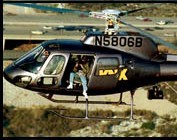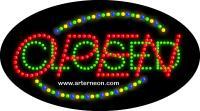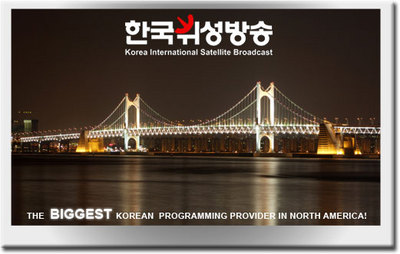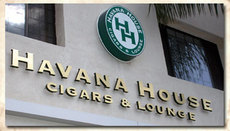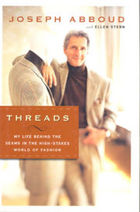 Los Angeles, CA – Bryan Callan filed a lawsuit at the Federal District Court in Los Angeles against clothing designer Christian Audigier and Nervous Tattoo, Inc. and Shop On State, Inc. Callan is an artist and graphic designer whose style draws from his background as a tattoo artist. Callan also goes by his “Mr. Lucky” nickname and uses a Mr. Lucky logo on his artwork, which consists of text and four-leaf clover motif. The complaint alleges that in 2006, Callan and Audigier executed a licensing agreement which allowed the use of Callan’s art work subject to agreed-upon material terms:
Los Angeles, CA – Bryan Callan filed a lawsuit at the Federal District Court in Los Angeles against clothing designer Christian Audigier and Nervous Tattoo, Inc. and Shop On State, Inc. Callan is an artist and graphic designer whose style draws from his background as a tattoo artist. Callan also goes by his “Mr. Lucky” nickname and uses a Mr. Lucky logo on his artwork, which consists of text and four-leaf clover motif. The complaint alleges that in 2006, Callan and Audigier executed a licensing agreement which allowed the use of Callan’s art work subject to agreed-upon material terms:
The Agreement required that Defendants accompany each and every use of Callan’s artwork, or any part thereof, with a clearly visible Mr. Lucky logo…The Agreement also required that Defendants use commercially best efforts and act in good faith to market and advertise the Mr. Lucky logo and/or Callan’s name in each and every marketing, public relations and advertising effort made in connection with their use of Callan’s artwork. The Agreement also required that Defendants provide Callan with the right of first refusal if Defendant makes the decision to sell, lease, license, or in any way provide a third party to utilize Callan’s work in any way.
The complaint alleges that Defendants have failed to use the Mr. Lucky logo on the clothing products and have granted sub-licenses to numerous other companies, which have produced unauthorized products such as wines, cars, air fresheners, handbags and shoes. The expansion of rights beyond the agreement is alleged to constitute copyright infringement, in addition to breach of contract. By failing to place the Mr. Lucky logo on the products, Callan alleges that Defendants have engaged in unfair competition under Section 43(a) of the Lanham Act, 15 U.S.C. § 1125(a). The case is titled Bryan Callan v. Christian Audigier, Inc. et al., CV 08-08072 GW (C.D. Cal. 2008).
 Los Angeles Intellectual Property Trademark Attorney Blog
Los Angeles Intellectual Property Trademark Attorney Blog


